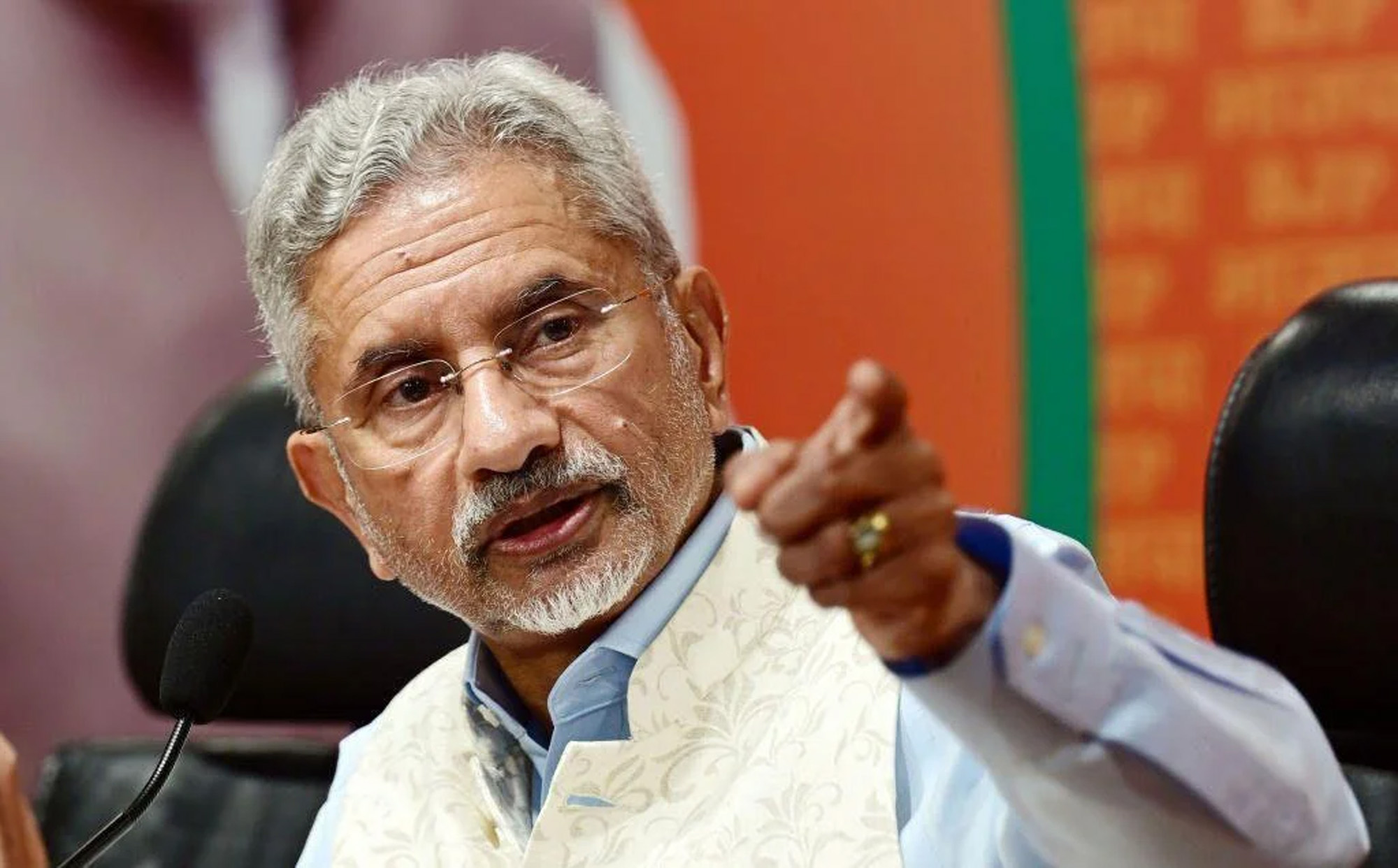NEW DELHI, Jan 18: External Affairs Minister S. Jaishankar emphasized on Saturday that the India-China relationship is working to extricate itself from the complexities that arose following the post-2020 border incidents, advocating for more consideration towards the long-term development of bilateral ties.
Reflecting on the various elements of New Delhi’s relations with Beijing over the decades, Jaishankar noted that “misinterpretations” by past leaders, whether rooted in “idealism or a lack of realpolitik,” have been detrimental to both cooperation and competition with China.
He remarked that significant changes have transpired in the last ten years while delivering the Nani Palkhivala memorial lecture in Mumbai.
The foundation of the relationship should remain built on mutual trust, respect, and sensitivity, he stressed, urging for deeper consideration regarding the long-term evolution of these ties.
At a time when most of its international relationships are advancing, India faces a unique challenge in finding a balance with China. Much of this stems from the fact that both nations are ascending powers, he stated.
Jaishankar pointed out that as neighboring countries with populations exceeding a billion, the India-China relationship has never been straightforward.
“However, the complexity has intensified due to a border dispute, historical baggage, and differing socio-political frameworks. Misinterpretations by previous leaders, irrespective of whether driven by idealism or a lack of practical insights, have done little to facilitate either cooperation or competition with China,” he explained.
“This dynamic, however, has notably evolved over the past decade. At present, the relationship is attempting to resolve the complications stemming from the post-2020 border developments,” he added.
While addressing these matters, it is crucial to contemplate the long-term development of relations, he noted.
Jaishankar contended that India must prepare for “expressions of China’s growing capabilities,” especially those that directly impact India’s interests.
To effectively manage its own trajectory, Jaishankar stressed the need for a more accelerated enhancement of India’s comprehensive national power.
“This entails not only addressing the previous neglect of border infrastructure and maritime domains but also reducing reliance in critical areas,” he stated.
“There can certainly be practical cooperation conducted with due diligence. Overall, India’s strategy can be encapsulated in the three principles of mutual respect, sensitivity, and interests,” he remarked.
Following a consensus reached on October 21, the Indian and Chinese military forces successfully disengaged at the two remaining contentious points of Demchok and Depsang.
Jaishankar noted that enhancing bilateral ties can benefit from a greater recognition that the larger prospects of both nations, and indeed the global order itself, are at stake.
“It requires an acknowledgment that the rise of a multi-polar Asia is a fundamental prerequisite for a multi-polar world,” he stated.
The external affairs minister also discussed the Indo-Pacific landscape.
“Transformations in the influence and positions of the United States and China are key factors shaping the Indo-Pacific as a strategic area,” he remarked.
For India, this involvement is a natural extension of its Act East policy, which primarily concentrated on ASEAN, he mentioned, adding it reflects a deeper relationship with Japan and Australia.
“In many respects, the Quad signifies a partnership anticipated through India’s significantly improved relationships with its members. It is also a modern approach to tackle global and regional challenges through innovative and adaptable collaboration,” he articulated.
Jaishankar noted that since its revival in 2017, the Quad has achieved substantial progress in areas such as climate action, supply chains, connectivity, digital capabilities, and maritime security.
“Recent initiatives include the India-Middle East-Europe Economic Corridor (IMEC), which provides a new logistical framework. In fact, over the past decade, India has either initiated or participated in around 40 different collaborative efforts with various partners on specific matters,” he stated.
“These initiatives reflect an ability to engage with different nations across various topics while maintaining our strategic objectives and upholding our national priorities,” he concluded. (Agencies)


Leave a Reply